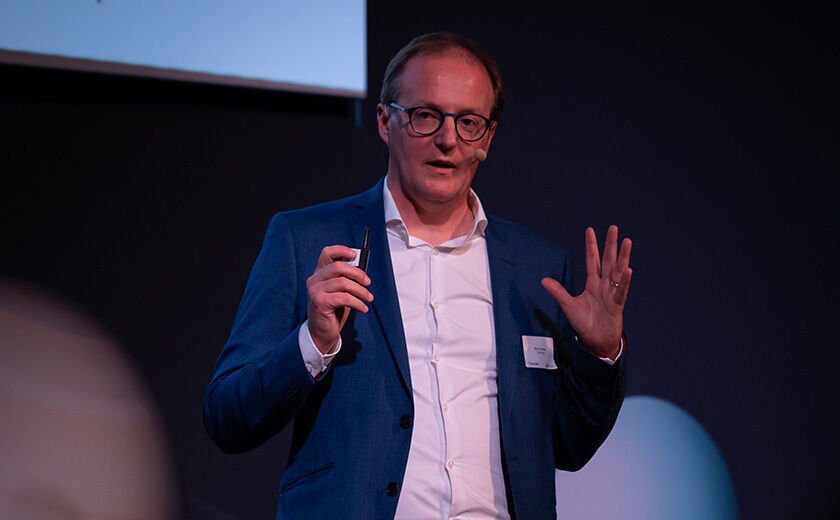Wave of absenteeism now unaffordable
The cost of absenteeism has a commensurate effect on our government. That costs rises to over EUR 21 billion when you just count benefits and revenue lost from unreceived taxes. Not to mention the surreal situations in the workplace. For instance, the media has already covered the departments of healthcare institutions, nurseries, and schools forced to close their doors temporarily due to excessive absenteeism.
Fortunately, the surreal numbers gave rise to the realisation that this can no longer continue. I worked in the Netherlands for many years as an occupational physician. When I returned in 2016, things were completely different. Back then, absenteeism rates in our country also far exceeded those of our neighbours to the north. But nobody seemed to care. The war for talent had not yet begun to rage so fiercely. And, of course, the health insurance fund picks up the bill, right?
Corona changed how we look at work
Today, everything is completely different. Staff shortages weigh heavily on almost every sector. And the wave of absenteeism is gradually becoming increasingly unaffordable. And then we had the health crisis. This gave rise to a completely new way of looking at preventive healthcare and how we organise work and our work-life balance.
At that pivotal moment, I was writing my book ‘Verzuim: maak er werk van’ (i.e. absenteeism: do something). In this book, I share my knowledge, experiences, and insights from the past 25 years. I hope it will inspire employers, managers, and HR staff to get a handle on their absenteeism issues. Ambitiously and systematically and above all… without taboos. And, yes, in doing so, I am daring to compare Belgium and the Netherlands.
It’s high time we really tackled absenteeism
A clear vision is the starting point for any successful approach to absenteeism. Why do you believe health and well-being are important in your workplace? What roles and responsibilities are assigned to all involved parties? How will you work on prevention in practice? And what about adapted work?
You can now translate your vision into objectives and measures. You can link these to parameters – absenteeism rate, zero absenteeism, absence frequency, etc. – to monitor the impact of your endeavours. Make it feasible, but ensure you are ambitious enough.

A sick note hinders trust in a relationship
Because we need ambition at all levels. That is why I shudder at the half-hearted measures our government sometimes proposes. Taking one sick day thrice without a doctor’s note is one such measure. Does your staff keep track of how many times they were absent in the past year? Or their family doctor or specialist? Only you, the employer, have that overview.
Besides the additional paperwork, distrust, and frustration, this measure fosters the sick note mindset. That being sick is a matter of all or nothing. Where your sick employee might be happy to work just a few hours from home instead of at the office. An ambitious approach to absenteeism confronts that narrative and puts a spotlight on trust.
An approach to absenteeism starts with a warm business relationship
Trust and clear agreements go hand in hand to form the basis of a warm business relationship between employer and employee. Show genuine interest in your staff’s well-being. Not only in case of illness but also when everyone is actually present.
In turn, this bond of trust also paves the way for open communication where your staff also dare to discuss sensitive issues with you. When you look for solutions together at such times, you will reduce or even avoid absenteeism.
Real solutions arise when you meet around the table
Remember, you are not alone. You can count on the necessary support from your external prevention service . And that is exactly the lesson I brought with me from the Netherlands. A rapid multidisciplinary intervention seriously impacts the duration of absences. But we must still work hard on this too. For instance, the collaboration between GPs and occupational physicians needs improvement.
I started this discourse with some surreal numbers. And perhaps you – together with many other employers and managers – believe you are facing the insurmountable. But that’s far from the truth. If you dare to set goals and stick to your ambition, you can move mountains. And if we all do that, we will eventually generate a massive impact on society.



